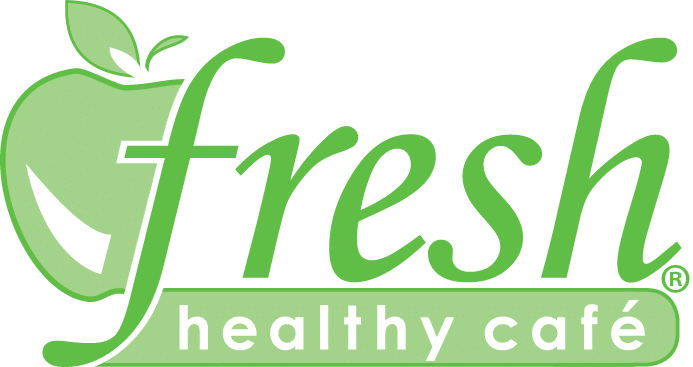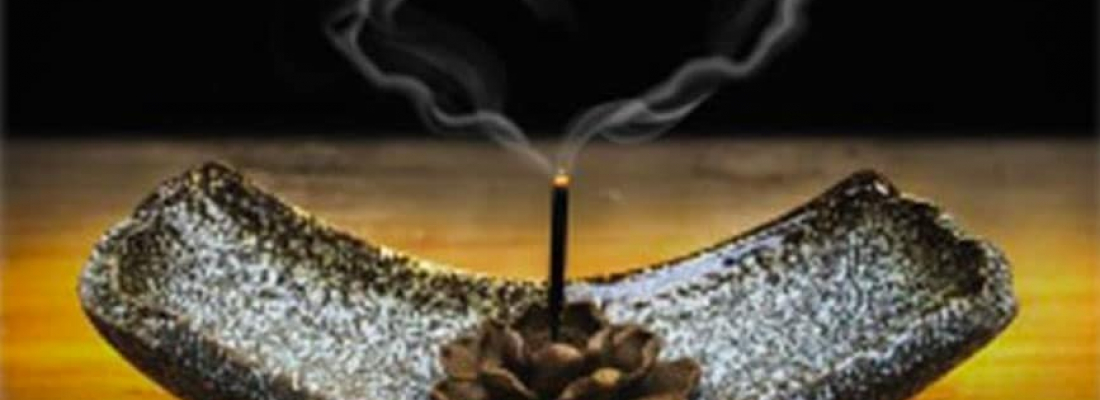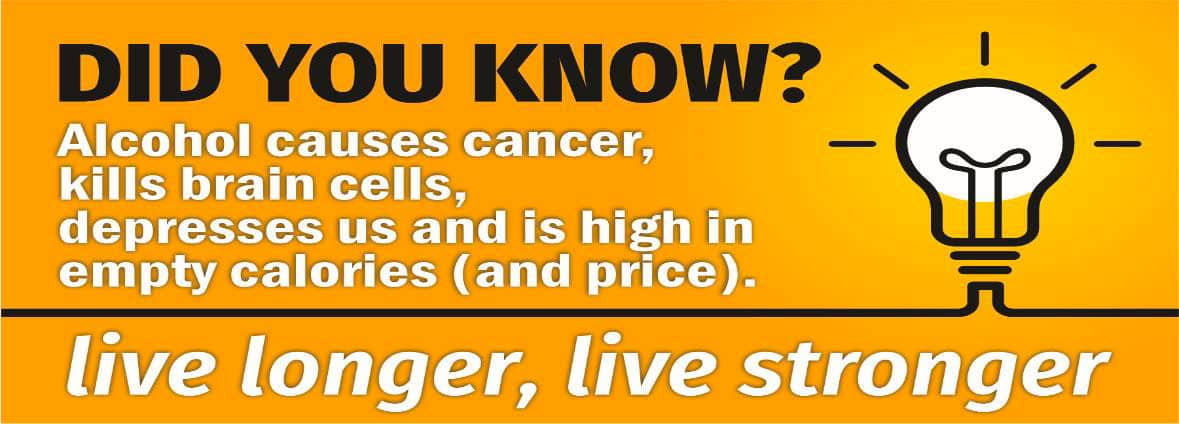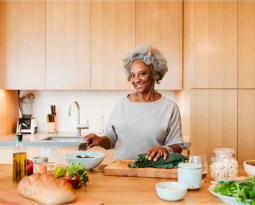
A study of thousands of children followed over time found that exposure to household incense burning was associated with impaired lung function, reduced lung function growth, and increased risks of respiratory diseases. Daily exposure is associated with impaired lung function in adolescents too, though interestingly, those who had pets at home appeared to have better lung function. Fun to note – having a dog or cat in the house during early life may protect against childhood asthma and allergy. Long-term exposure to incense burning in the home environment was associated with an increased risk of cardiovascular mortality. Brain tumors among children whose mothers were exposed to incense are three times those of other children, even more than that of secondhand smoke. And incense burning among older adults was associated with reduced cognitive performance and adverse structural changes in the brain. It’s toss it Tuesday – toss the incense to live longer and live stronger!
DR.
DR. MICHAEL GREGER MENTIONED BROCCOLI MORE THAN ANY OTHER FOOD IN HIS BOOK HOW NOT TO DIE, AND FOR GOOD REASON. CRUCIFEROUS VEGETABLES LIKE BROCCOLI CAN POTENTIALLY PREVENT DNA DAMAGE AND METASTATIC CANCER SPREAD, ACTIVATE DEFENSES AGAINST PATHOGENS AND POLLUTANTS, HELP TO PREVENT LYMPHOMA, BOOST YOUR LIVER DETOX ENZYMES, TARGET BREAST CANCER STEM CELLS, AND REDUCE THE RISK OF PROSTATE CANCER PROGRESSION. THE COMPONENT RESPONSIBLE FOR THESE BENEFITS IS THOUGHT TO BE SULFORAPHANE, WHICH IS FORMED ALMOST EXCLUSIVELY IN CRUCIFEROUS VEGETABLES. IT’S A WONDERFUL WEDNESDAY TO PLANTIFY YOUR PLATE WITH BROCCOLI!
It’s Fix-it Friday and a great fall food for breakfast or ANY meal are Apple Flax Flapjacks, from the Be a Plant-based Woman Warrior Cookbook! They aren’t what you think of flapjacks – they are apple “rounds” that are sliced and dipped in batter and cooked on the griddle – fantastic!
IN A LARGE BOWL YOU COMBINE 1 TBSP GROUND FLAX SEED, 1/2 CUP OF OAT FLOUR, 2 TBSP OLD-FASHIONED ROLLED OATS, 1/4 TSP BAKING POWDER AND 1/2 TSP CINNAMON, THEN ADD 1/2 CUP OF YOUR FAVORITE NON-DAIRY MILK LIKE SOY, ALMOND OR OAT MILK, 1 TBSP OF APPLE CIDER VINEGAR, AND 1/2 TSP VANILLA. STIR IT TO MAKE THE BATTER, AND IF IT’S TOO THICK AFTER SITTING AWHILE, ADD MORE OF THE NON-DAIRY MILK OR WATER. THEN TAKE THE APPLE, AFTER YOU HAVE CORED THEM AND CUT THEM INTO SLICES, SUBMERGE THEM INTO THE BATTER AND PLACE THEM ONTO A HEATED (MEDIUM HEAT) NON-STICK PAN OR YOUR PANCAKE GRIDDLE. FLIP THEM AFTER THEY HAVE COOKED WELL, COOK SOME MORE UNTIL THEY ARE NICELY BROWNED, PUT THEM ON YOUR PLATE AND DRIZZLE WITH MAPLE SYRUP, HONEY OR AGAVE!
From the Archives:
A study was done, and more are on the way, to look at the incidence and severity of COVID-19. They found that plant-based diets in particular, and to a good extent pescatarian diets, had much lower odds of the severe cases. Pescatarians are those who are predominantly plant-based, but also eat fish. For those who were plant-based they had a 73% lower risk of moderate-to-severe cases of COVID-19 than those who were not plant-based! Pescatarians had a 59% lower risk of those moderate-to-severe cases, which is also huge. The plant-based subjects not only consumed more vegetables and fruits, plant-based protein like beans and nuts, and less poultry, red and processed meats than their counterparts, they also consumed less in the way of sugary drinks and alcohol. So, on this meatless Monday, consider going plant-based every day to boost your immune systems!
We’ve talked a lot about the miraculous microbiome – those billions of wonderful bacteria that live in our guts to digest our food and provide the nutrients we need to keep us healthy. There have been several studies that have shown the harmful effects of fast-food on our health, but recent studies focused on the impact of fast-food on our microbiome, and it’s not good. Within two weeks metabolism and gut health changed for the worse in one study. In another, the community of gut microbes was devastated after 10 days – 1400 species, nearly 40 percent, of the diverse microbes were lost. Loss of diversity is a universal signal of ill health and triggers a range of immunity problems. We rely on our good bacteria to keep us healthy – so power up your plantified plate to do this and cut out the fast food. Have a terrific Tuesday everyone!
Did you know that Americans’ lifespans are four years less than countries with comparable wealth, and we now have the lowest life expectancy at birth among all large and wealthy countries? Also, this is sad, we have experienced three straight years of decline in happiness. It’s hard to know why – and of course half of that time has been during a pandemic which has caused many changes. But like most hardships, the author of the Blue Zones states, it will materialize as a blessing in the rearview mirror. He goes on to say that Americans are too busy working, mostly to buy things they really don’t need and chasing a fairy tale of a happier tomorrow. Take a pause to see what your true passions are by making a list of what things you love to do, what things you’re good at, and lastly a list of what your values are. By digging into them you can find ways to make your passions a priority. On this wonderful Wednesday, lets live longer and stronger by taking stock in our lives and replenishing our joy and happiness.
Even before the pandemic, we were experiencing the EPIDEMIC of a chronic disease crisis, where 71 percent of Americans are obese or overweight, which creates health problems that explain 85 percent of our almost $4 trillion spent annually on healthcare. Fast-food and processed foods have created toxic food choices that are cheap calories, but they are loaded with sugar, sodium, and fat. Eating a Standard American Diet (the acronym is SAD), shaves off six years of our life expectancies. Here’s the great opportunity – if you stay home and cook, you consume 300 calories less than if you eat out, AND those calories are a lot healthier! Many recommend buying an Instant Pot to help with cooking at home and go to bluezones.com to learn how to cook plant-based foods. Then go to the grocery store and fill up your health on the shelf. Have a great Thursday everyone!

References: The Blue Zones by Dan Buettner, Plant-based diets, pescatarian diets and COVID-19 Severity, by Hyunju Kim, Casey Rebholz, et. al, NutritionFacts.org









